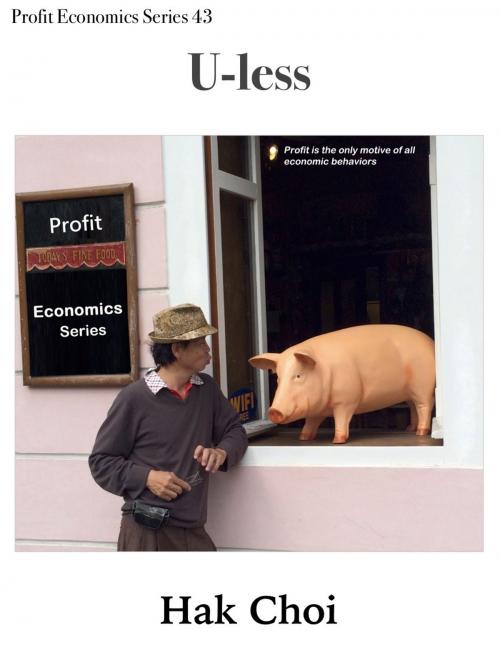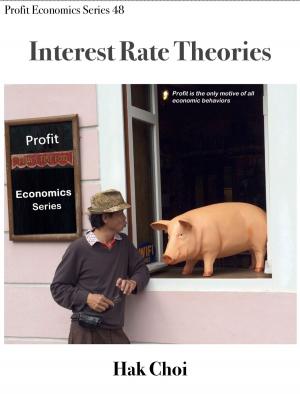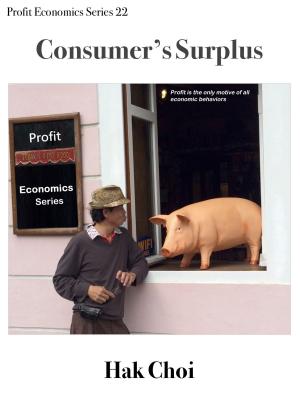| Author: | Hak Choi | ISBN: | 1230002357690 |
| Publisher: | Hak Choi | Publication: | June 5, 2018 |
| Imprint: | Language: | English |
| Author: | Hak Choi |
| ISBN: | 1230002357690 |
| Publisher: | Hak Choi |
| Publication: | June 5, 2018 |
| Imprint: | |
| Language: | English |
Utility seems capable of reflecting our psychology: when you lose an apple, you want an orange for compensation. This relation looks like a negative line. Furthermore, too many apples or oranges disgust you. Such phenomenon is called diminishing marginal utility, and turns the straight line into a curve. Such convex-to-the-origin curve is called indifference curve.Most indifference curves are convex to the origin, but some convex to the right, some even become straight-line. When some economists even turn the inverse of a function into other people’s function, indifference curve has no fixed rule any more. When some even name money as one of the variables in the indifference curve or budget line, they destroy everything.Indifference curve contains two variables. When one is dropped, the remaining function becomes one-dimensional. If the graph of the 1-D utility function is curvy, pick a section, form a connecting straight-line, take the middle point, to call it expected utility. Expected utility is a constant, but some economists still want to maximize it. Instead of expected utility, some try to work out its marginal value. Marginal value is the maximization condition, but some still want to find its maximum. Back on the original utility graph, marginal utility is only a point. A point cannot form any theory. These are the chaos around utility.Alas, the psychology reflected by utility is merely animal instinct, not logical reasoning.
Utility seems capable of reflecting our psychology: when you lose an apple, you want an orange for compensation. This relation looks like a negative line. Furthermore, too many apples or oranges disgust you. Such phenomenon is called diminishing marginal utility, and turns the straight line into a curve. Such convex-to-the-origin curve is called indifference curve.Most indifference curves are convex to the origin, but some convex to the right, some even become straight-line. When some economists even turn the inverse of a function into other people’s function, indifference curve has no fixed rule any more. When some even name money as one of the variables in the indifference curve or budget line, they destroy everything.Indifference curve contains two variables. When one is dropped, the remaining function becomes one-dimensional. If the graph of the 1-D utility function is curvy, pick a section, form a connecting straight-line, take the middle point, to call it expected utility. Expected utility is a constant, but some economists still want to maximize it. Instead of expected utility, some try to work out its marginal value. Marginal value is the maximization condition, but some still want to find its maximum. Back on the original utility graph, marginal utility is only a point. A point cannot form any theory. These are the chaos around utility.Alas, the psychology reflected by utility is merely animal instinct, not logical reasoning.















